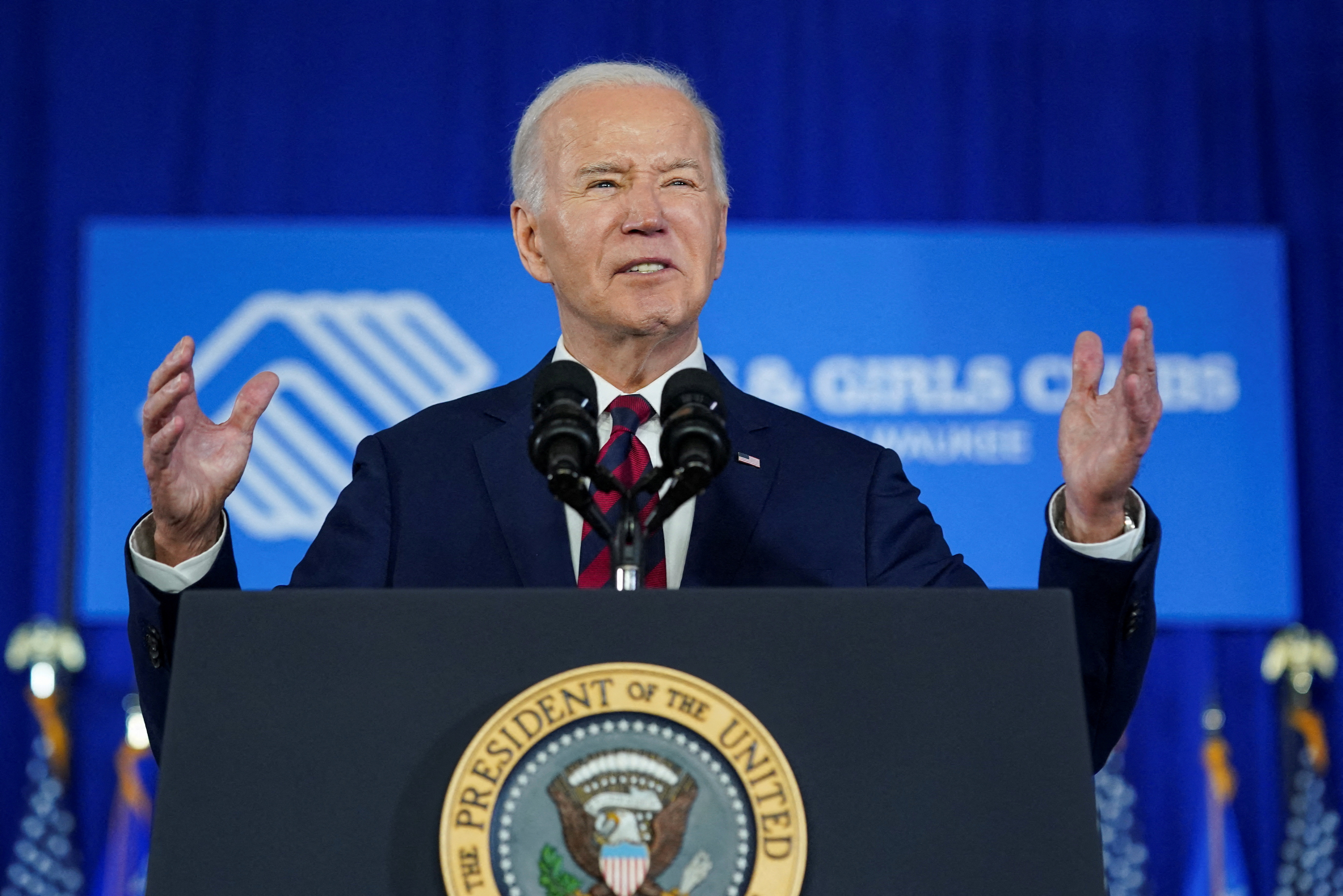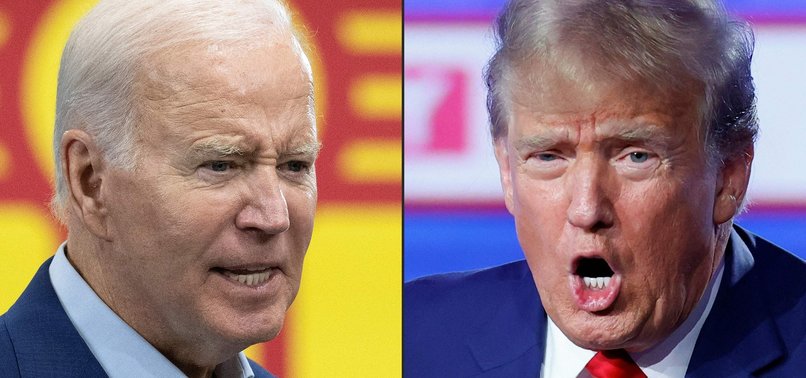Ahead of the November presidential election, a recent Reuters/Ipsos poll revealed a razor-thin margin between U.S. President Joe Biden and former President Donald Trump. The poll, conducted over one week and encompassing a diverse sample of registered voters, depicted Biden with a slight lead over Trump, securing 39% of voter support compared to Trump’s 38%. However, with a margin of error of 1.8 percentage points, Biden’s advantage remains within the realm of statistical uncertainty.

Undecided Voters and Other Candidates
The poll illuminated a significant portion of undecided voters, comprising 11% of respondents, along with 5% expressing a preference not to vote and 7% remaining uncertain or declining to respond. Additionally, independent candidate Robert F. Kennedy Jr garnered 15% support among registered voters in hypothetical scenarios, highlighting the potential influence of alternative candidates in the electoral landscape.
Challenges and Concerns for Both Candidates
Both Biden and Trump face notable challenges and concerns as they navigate their campaigns. Biden’s age, at 81, raises questions about his ability to lead effectively, while Trump grapples with impending legal battles, including four criminal trials, which include charges related to his efforts to overturn the 2020 election results. These factors contribute to the complexity of the upcoming election, intensifying public scrutiny and shaping voter perceptions.
Key Battleground States and Electoral Dynamics
In states pivotal to the outcome of the 2020 election, Trump maintains a narrow lead over Biden among registered voters. These battleground states, which could once again determine the election’s trajectory, underscore the significance of localized polling data in understanding electoral dynamics. While nationwide surveys offer insights, the concentrated impact of competitive states on the electoral college underscores their strategic importance in shaping the election’s outcome.
Implications and Voter Sentiment
The poll findings reveal a nuanced landscape of voter sentiment, characterized by a degree of disenchantment with both major party candidates. Despite Trump’s secure nomination within the Republican Party, he faces challenges in securing support from independents and portions of his party, as evidenced by the reluctance of former Governor Nikki Haley’s supporters to back his candidacy. Additionally, controversial legal rulings, such as the recent decision regarding frozen embryos in Alabama, influence public opinion, with the majority of registered voters expressing disagreement with the court’s stance.

Methodology and Margin of Error
Conducted online and encompassing a sample of 4,094 U.S. adults, including 3,356 registered voters, the Reuters/Ipsos poll provides valuable insights into the evolving dynamics of the presidential race. With a margin of error of 1.8% for registered voters and 1.7% for all respondents, the poll offers a statistically robust assessment of voter preferences and perceptions leading up to the pivotal November election.